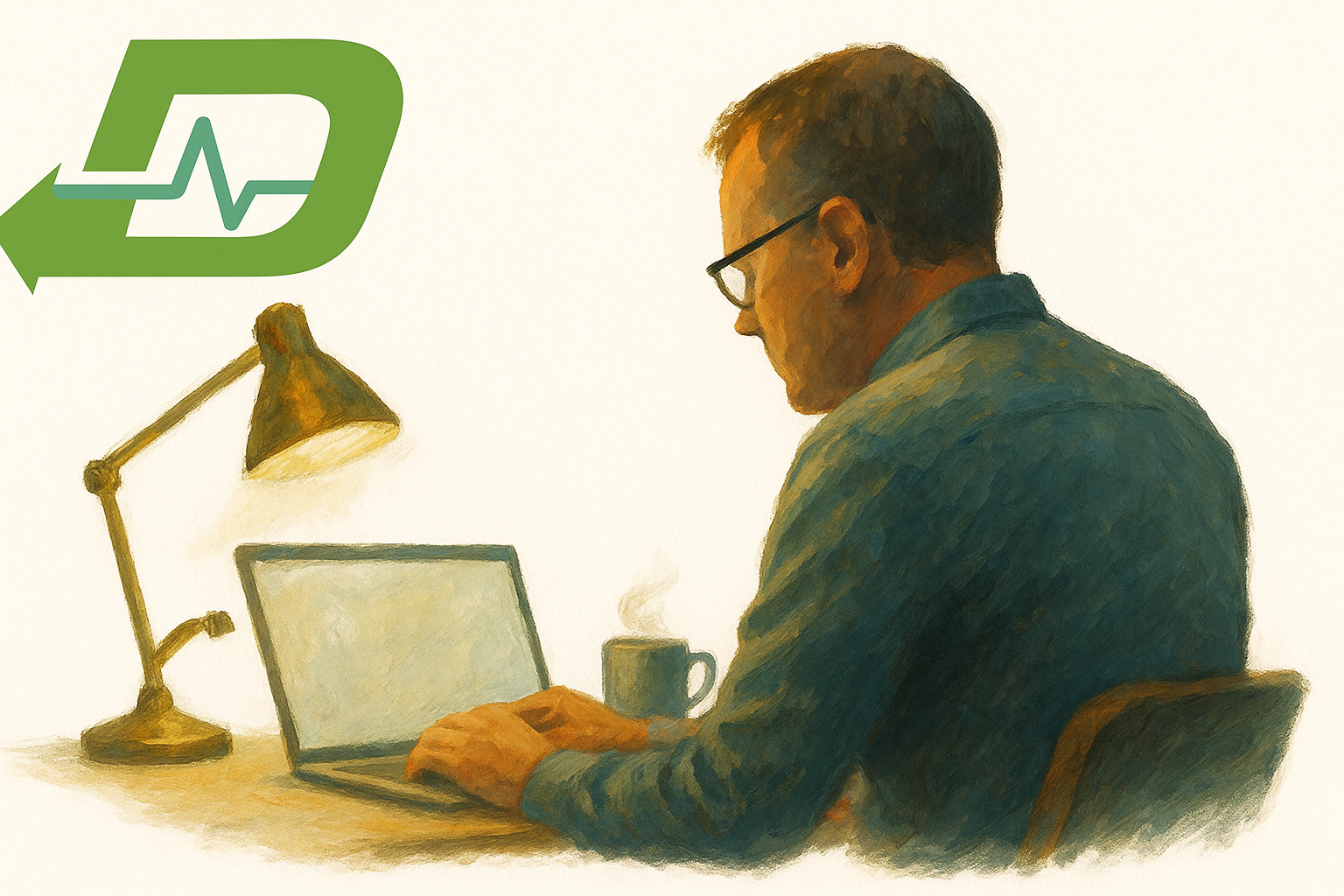The Breathless Cell: Otto Warburg’s War on Cancer Inside Nazi Germany
Otto Warburg believed cancer was not written in genes, but in how a cell handles energy—how it breathes, or fails to. He lived, worked, and survived inside Nazi Germany, leaving behind extraordinary science and an enduring silence that still unsettles.
